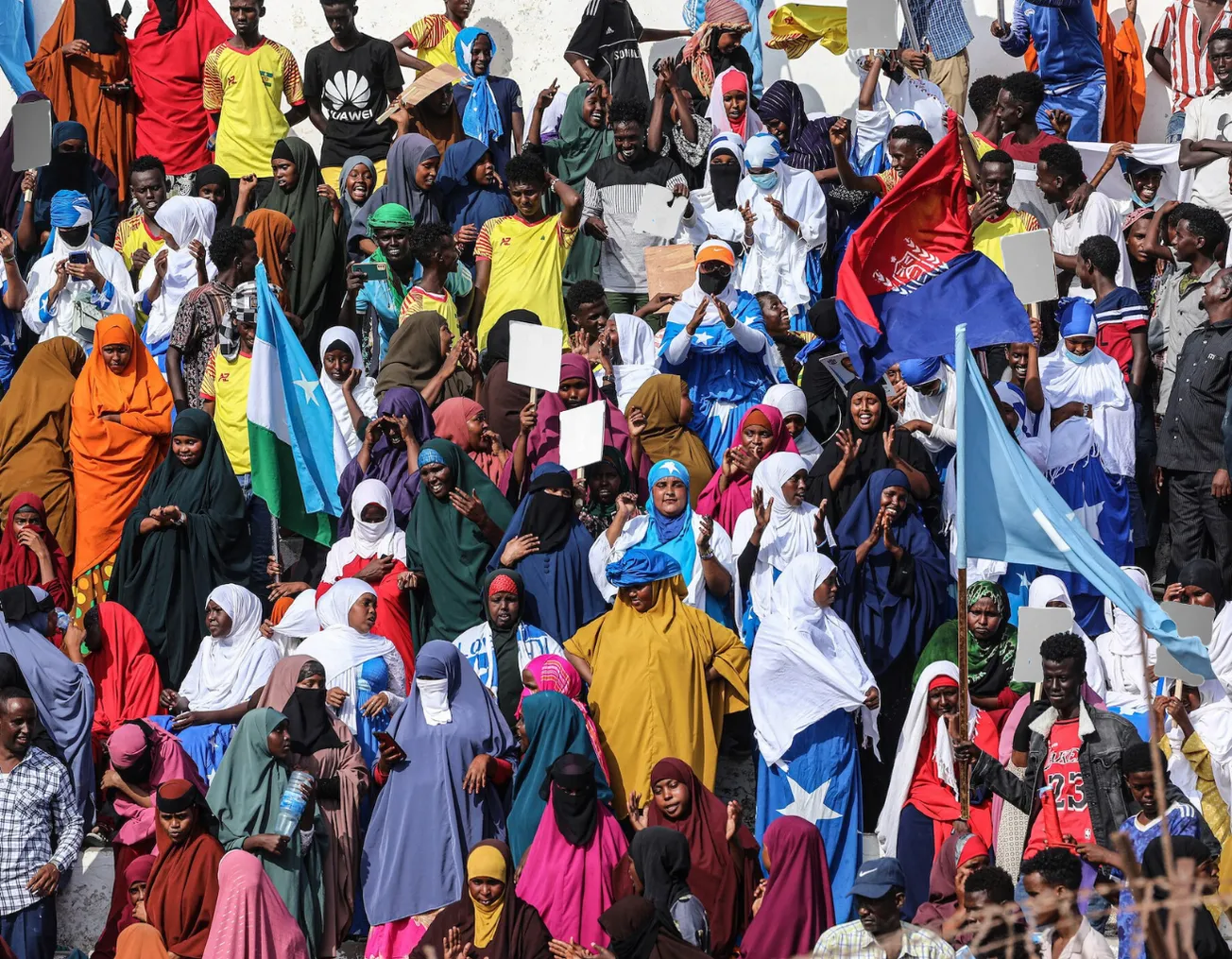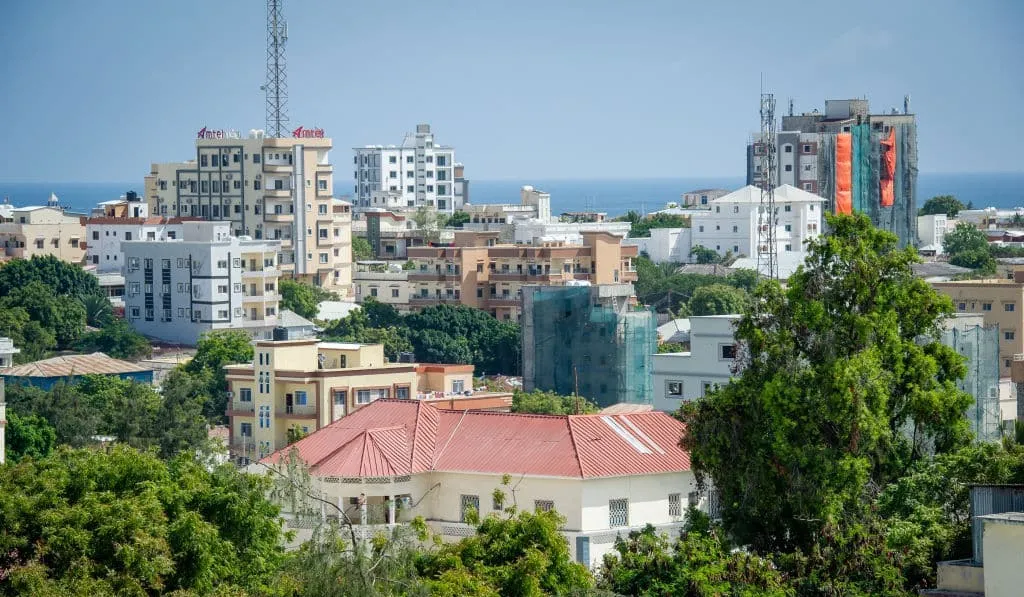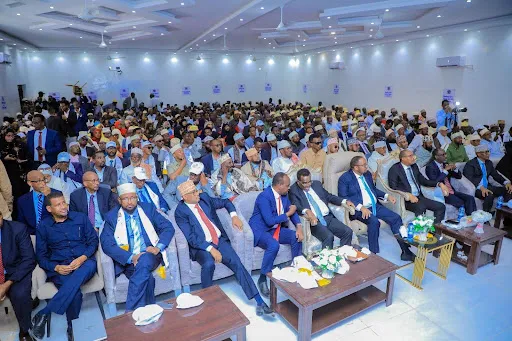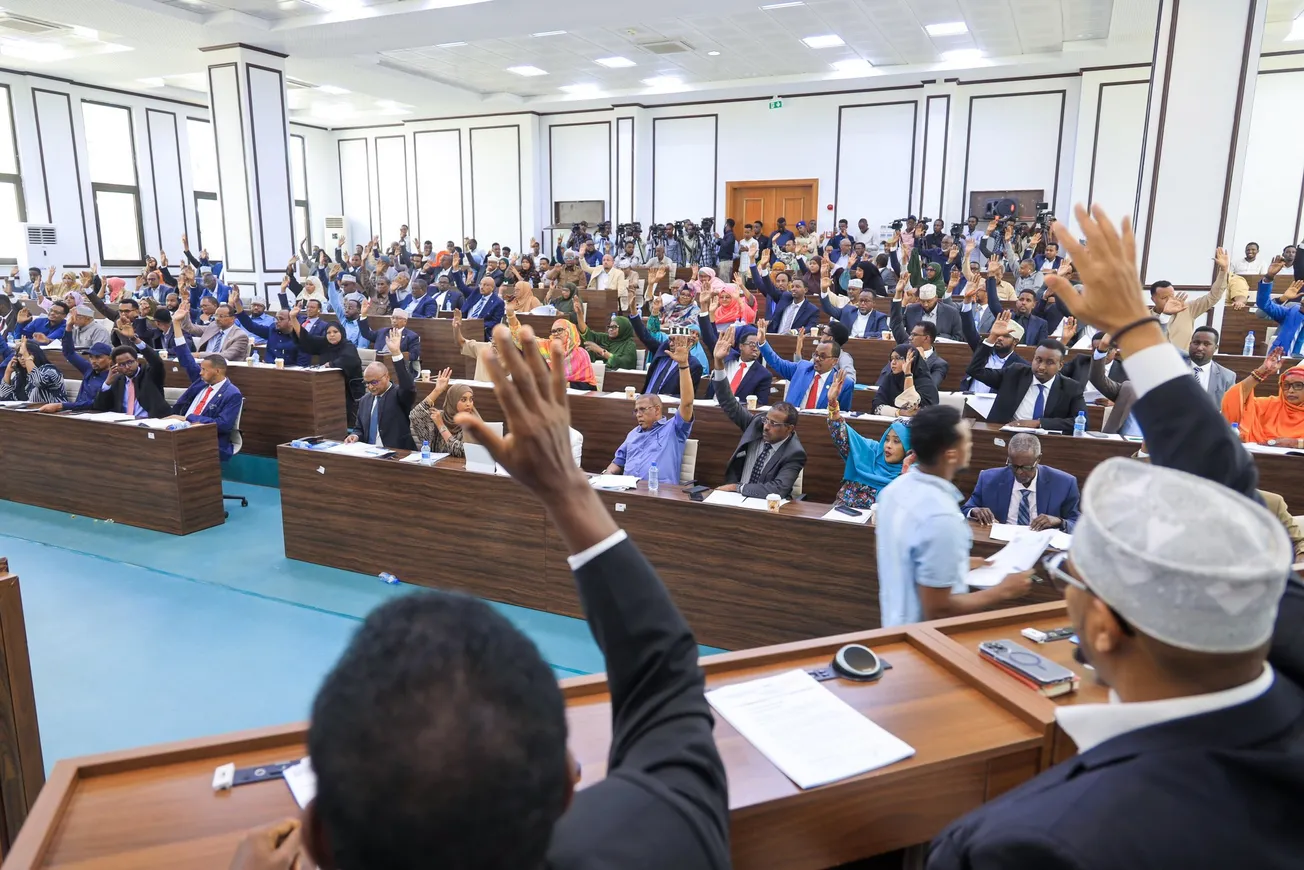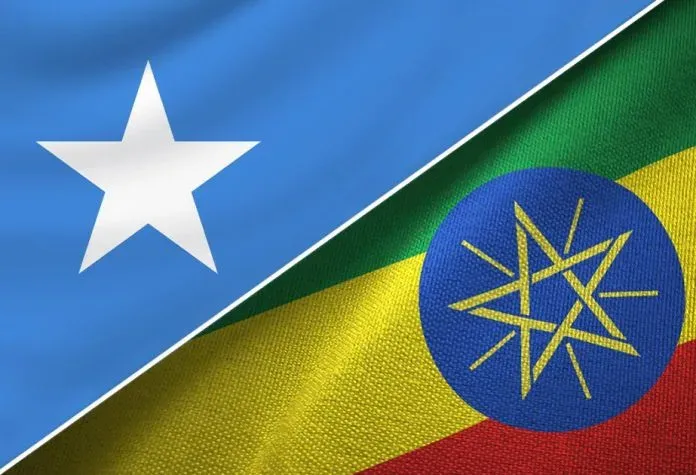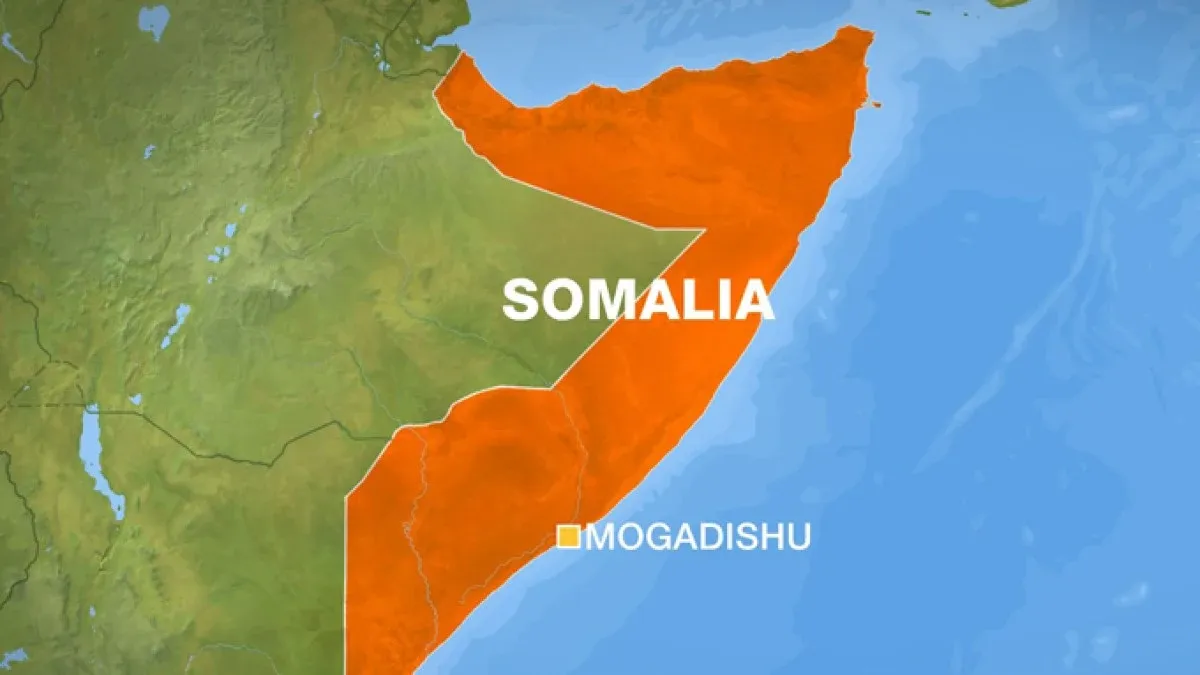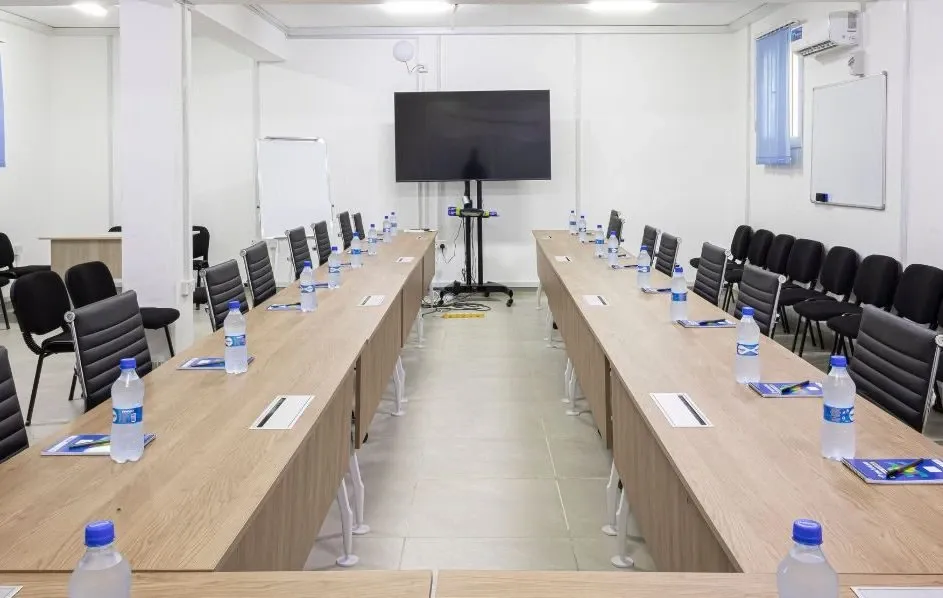Table of Contents
For nearly three decades, Somalia has navigated a long and turbulent journey of political reconciliation and fragile state-building. Despite persistent challenges, the country has managed to form functioning institutions, including federal member states, a bicameral parliament, a presidency, and successive cabinets. All of this emerged through indirect elections based on the controversial 4.5 clan power-sharing formula. While imperfect, this process allowed Somalia to inch forward, year by year.
Each political transition, however, has been accompanied by intense disputes. As presidential and parliamentary terms near expiration, political tensions heighten, often threatening to derail the entire process. At various moments, these tensions brought Somalia dangerously close to armed conflict or further fragmentation, with regional states occasionally threatening to withdraw from the federal framework altogether.
Yet, time and again, Somalis have managed to come back from the brink. International mediation—mostly based in the Mogadishu International Airport zone—has repeatedly played a central role in salvaging the process. These mediations have helped complete election cycles by brokering temporary solutions. However, they have rarely addressed the root causes of Somalia’s recurring political crises.
Now, Somalia finds itself once more at a decisive juncture. With less than a year remaining in the current government's term, divisions are sharper than ever. Tensions between the federal government and some member states are rising. Political elites are increasingly polarized, while public anxiety grows over the country’s uncertain direction and fear of backsliding into chaos.
The absence of Puntland and Jubaland from recent federal initiatives is a red flag. So too are the growing complaints from opposition figures and civic groups who feel excluded from national decision-making. These warning signs suggest that continuing on the current path without consensus could lead to the disintegration of state institutions, or open the door for externally imposed political arrangements.
To avoid this fate, Somalia must urgently initiate a national dialogue that brings together all key stakeholders. This includes federal and regional leaders, opposition figures, civil society actors, and the broader public. Such a dialogue must be transparent, inclusive, and conducted in good faith. Its goal should be not merely to avert the next crisis, but to lay the foundation for genuine democratic progress.
At the heart of this discussion should be agreement on the electoral model. There must be an honest debate on whether Somalia is ready to move toward universal suffrage or whether it must continue, for now, with the indirect electoral system. Either path must be agreed upon through consensus—not unilateral declarations or rushed political decisions.
This national dialogue must also reconcile differing versions of the provisional constitution. The federal government has advanced its own revision process, while critics argue that it lacks legitimacy due to limited consultation. Resolving which version of the constitution will govern future elections is central to restoring political trust.
Furthermore, there must be agreement on whether a term extension is needed to organize a credible "one person, one vote" election. If so, it must be granted through national consensus and linked to a clear roadmap. Such a roadmap must specify timelines, roles, and mechanisms to ensure inclusivity and avoid manipulation. Without this, any extension will only deepen mistrust and risk further instability.
The international community continues to urge Somalia to pursue consensus-based politics. However, external actors cannot substitute for national ownership. The legitimacy and sustainability of Somalia’s future will depend on the willingness of its leaders to place national interests above short-term political gain.
A well-facilitated national dialogue could also serve to redefine the relationship between the center and the federal member states. The current model lacks clarity, and repeated disputes over resource sharing, security arrangements, and political authority suggest the need for a renewed federal compact.
Civil society must also be given a seat at the table. Women, youth, traditional elders, and the business community all have stakes in Somalia’s stability and future. Their voices can provide fresh perspectives and strengthen public confidence in the outcome of any agreement.
What Somalia faces today is not a simple election dispute. It is a deeper crisis of confidence in the rules of the political game. Resolving this requires more than compromise—it requires genuine reconciliation, bold leadership, and a commitment to building a state where all Somalis feel represented and protected. The time for action is now. Waiting until the current government's term expires without a political agreement will only deepen divisions and invite further chaos.


